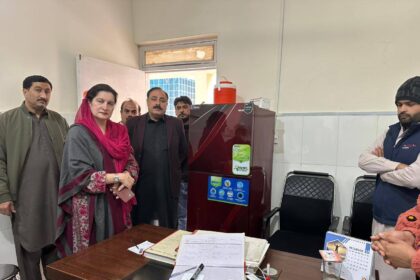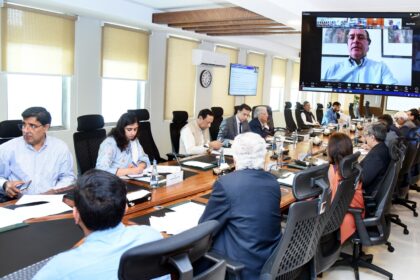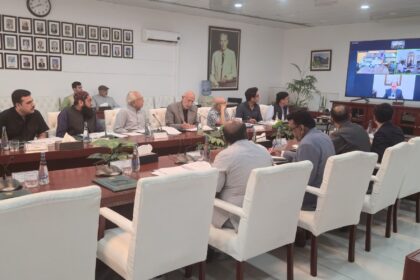Shaza Fatima Khawaja announced a major step in Pakistan’s technology landscape as Google has formally registered in the country and is preparing to open its first local office while Chromebook manufacturing has begun in Haripur under a public-private partnership.
The initiative, delivered through collaboration between the Ministry of IT, the Ministry of Defence Production, Tech Valley Pakistan and NRTC, will see between 500,000 and 600,000 Chromebooks produced annually under a Made in Pakistan label. The minister highlighted that the local assembly line is already employing over 600 young Pakistanis, including a significant number of women engineers, and will expand further as exports commence.
As part of this tech expansion, the Ministry of IT has signed a Memorandum of Understanding with Google to provide training focused on information technology and artificial intelligence, prioritising opportunities for women. Discussions are ongoing to establish AI laboratories nationwide and to integrate AI education into secondary school curricula with provincial education departments in Punjab, Sindh, Balochistan and Khyber Pakhtunkhwa.
Meta’s regional team recently visited to deliver misinformation and media training to federal and private sector media teams, and the company has launched its LLaMA model in Urdu for the first time, making AI tools more accessible in Pakistan’s national language and reflecting growing confidence in local innovation.
TikTok has introduced its STEM Feed in Pakistan, one of the few countries to receive the feature, offering free educational content in science, technology, engineering and mathematics. The minister noted that this is particularly meaningful for underprivileged areas where TikTok is widely used, presenting a new avenue for youth engagement with learning.
The minister also outlined a new Saudi-Pakistan economic and technology cooperation pact under which Go Telecom has launched an AI hub to connect Saudi firms with Pakistani technology companies and freelancers, enabling direct digital access to the Saudi market without the need for physical offices and creating an offshore presence to support exports and jobs.
Minister Khawaja credited these developments to sustained government efforts and the Special Investment Facilitation Council established in 2022 under the leadership of the Prime Minister and Field Marshal General Asim Munir, which has worked to remove bureaucratic barriers and attract foreign investment. She described the progress as the outcome of consistent policy action, economic management and growing international trust.











